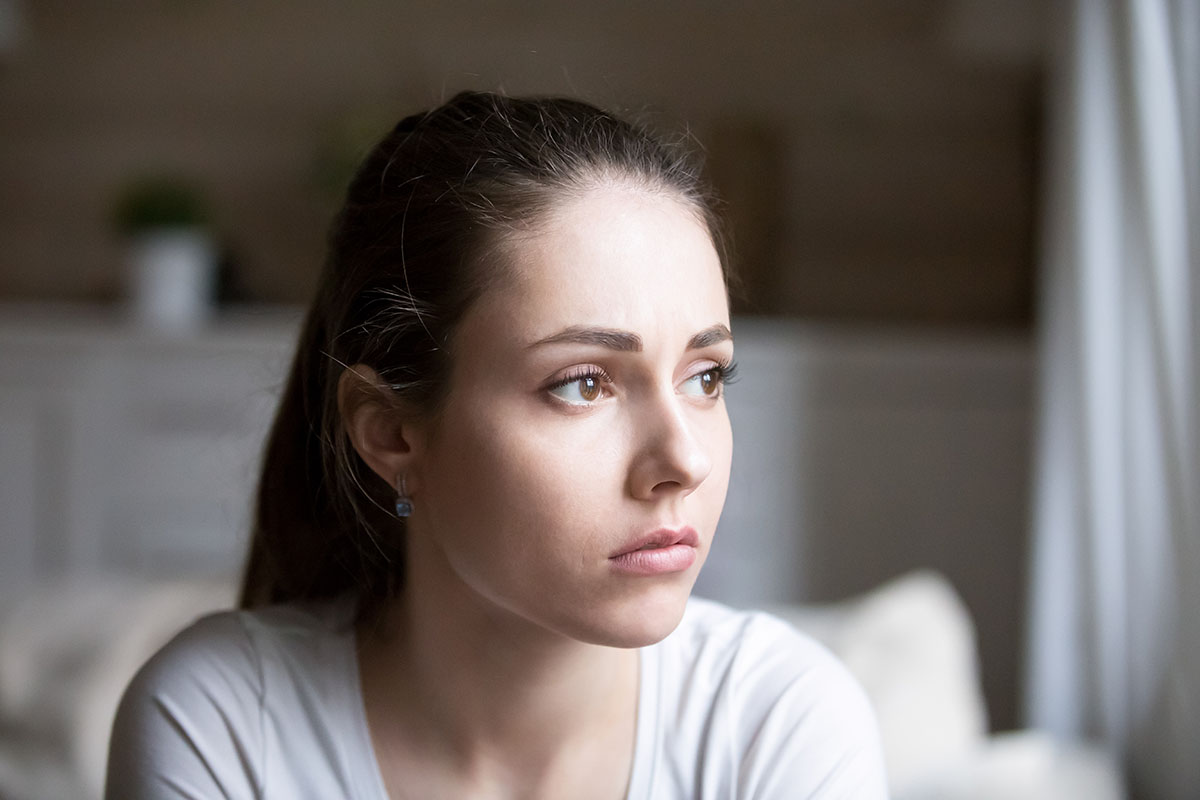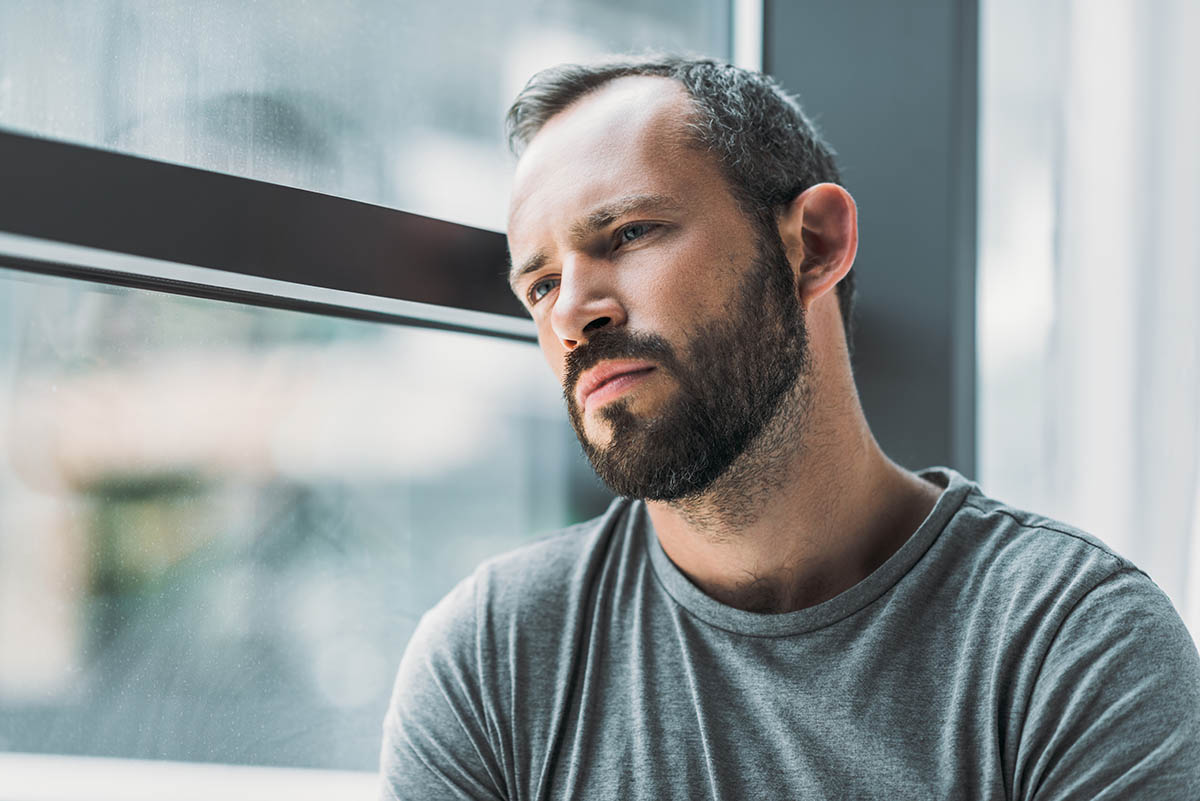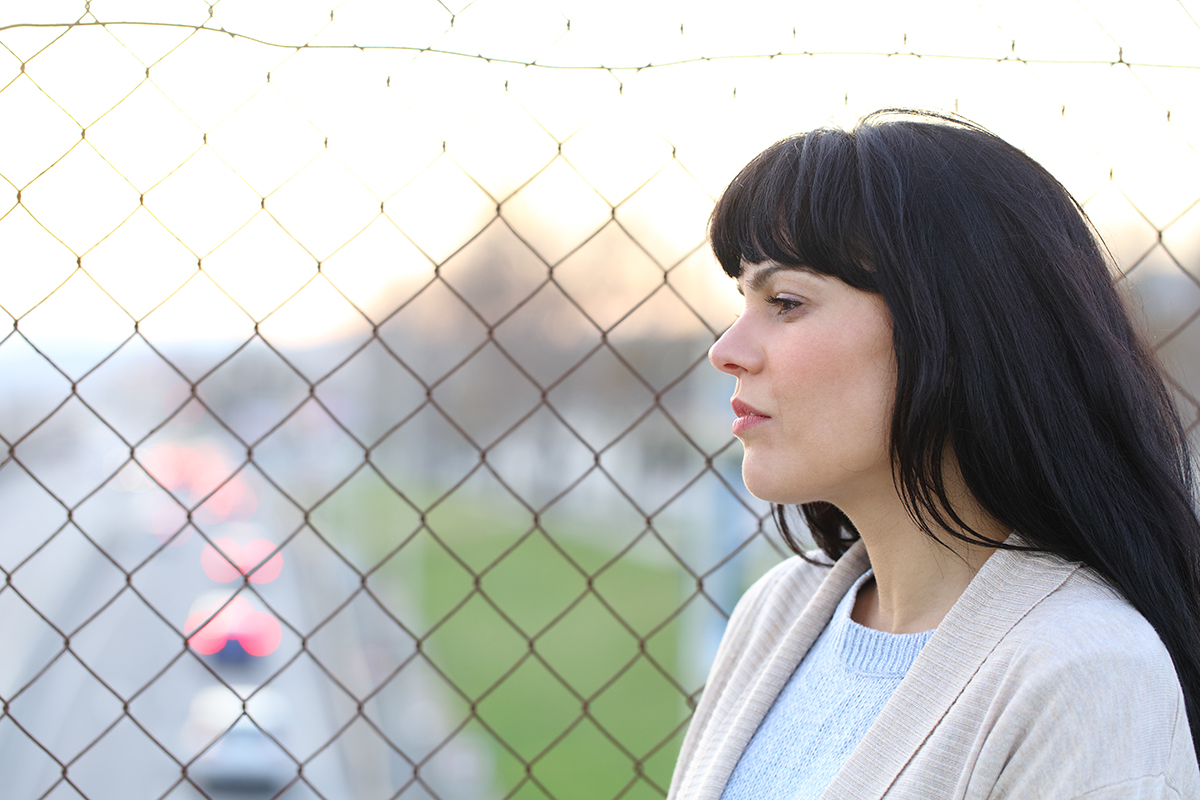

By: Lakeview Health
What Are Benzodiazepines?
Benzodiazepines are a class of synthetic drugs primarily used for anxiety treatment. The DEA has classified them as Schedule IV substances. In addition to anxiety, they may also be prescribed for several other medical reasons including:
- Seizures
- Insomnia and other sleep-related problems
- General anesthesia
- Muscle relaxation
- Alcohol withdrawal
- Nausea and vomiting
- Depression
- Pre-surgery or diagnostic testing sedation
Researchers speculate that they impact the neurotransmitter, GABA, which suppresses nerve activity. They essentially work by creating a calming and tranquilizing effect within the brain. The initial side effects may include drowsiness, dizziness, and feelings of depression.
Common benzodiazepines include:
- Alprazolam (Xanax)
- Clonazepam (Klonopin)
- Chlordiazepoxide (Librium)
- Diazepam (Valium)
- Lorazepam (Ativan)
- Temazepam (Restoril)
These medications are available in several forms including extended-release tablets, oral liquid forms, capsules, dissolving tablets, and rectal gels.
Benzodiazepine Addiction
All benzodiazepines can be habit-forming, which means that they have the potential for misuse. The longer you take benzodiazepines, the more likely you are to build a tolerance to their effects. Tolerance refers to needing more of the substance to achieve the desired results. In other words, if you are prescribed a benzodiazepine for anxiety, you may start to notice that the current prescription is no longer as effective. As a result, you may start taking more than your prescription. Many people take benzodiazepines without having a prescription. These people use benzodiazepines to get high or to counter or heighten the effects of other substances, like opioids or alcohol. Mixing substances is dangerous, and it can be fatal. Many lethal overdoses occur due to this phenomenon. This risk becomes compounded because many people purchase benzodiazepines off the streets. This strategy can be inherently dangerous. Many dealers lace or “cut” substances with other drugs to cut costs. Therefore, people buying the drug have no idea what they are really taking. It can be difficult to discern a benzodiazepine addiction. Many people rationalize, minimize, or downplay their substance use. Shame and guilt often prevent them from confronting their problem. Likewise, the idea of not taking the substance can seem downright frightening. That said, there are several warning signs to consider when considering an addiction problem. They include:
- Taking more benzodiazepines (or in higher frequencies) than intended
- Withdrawing from normal activities or relationships due to benzodiazepine use
- Using benzodiazepines in hazardous conditions
- Experiencing declines or problems in work or school due to benzodiazepine use
- Building a tolerance to the benzodiazepines
- Spending excess time obtaining, using, or recovering from benzodiazepines
- Experiencing withdrawal effects when abstaining from benzodiazepines
Any of these symptoms could indicate an addiction. Many substance use disorders progress over time. People may not notice the effects or consequences right away. However, over the span of several months or years, the issues due to benzodiazepine use may start to compound.
Benzodiazepine Withdrawal
Abstaining in benzodiazepine use will result in withdrawal. The severity of withdrawal depends on numerous factors including one’s history of drug use, physical and mental health, and other lifestyle considerations. Most withdrawal symptoms emerge within 24 hours after the last substance use. The specific timelines vary depending on each medication’s half-life. For example, shorter-acting medications, like Xanax, can result in withdrawal symptoms emerging within just 10-12 hours. The withdrawal symptoms can last from just a few days, but they can linger for several months. In some cases, people experience withdrawal symptoms for years after the last use.
Early Withdrawal
The early withdrawal phase occurs within a few hours to a few days after stopping the benzodiazepines. These symptoms are usually mild. The person starts to experience more anxiety or sleep problems.
Acute Withdrawal
Within a few days, the person will enter acute withdrawal. These symptoms tend to be the most physically and emotionally distressing. They may include concentration problems, agitation and irritability, increased anxiety and hypervigilance, panic attacks, hand tremors, heart palpitations, headaches, and migraines, muscle pain, vomiting, and nausea. In some cases, the person may also start to experience psychotic symptoms or suicidal thoughts.
Protracted Withdrawal
Protracted withdrawal refers to the more long-term effects a person experiences. Symptoms can include mood swings, muscle twitches, tingling, continued sleep problems and anxiety, and cognitive problems. As mentioned, these symptoms can last for several months or even years.
Is Benzodiazepine Withdrawal Fatal?
Benzodiazepine withdrawal can be fatal. In the most severe cases, people can experience lethal side effects that can include seizures, convulsions, psychotic symptoms. These symptoms are not always predictable, and they can seemingly emerge out of nowhere. Withdrawal symptoms can be complicated when people mix other substances, like alcohol or opioids. The risk of seizures and psychiatric issues can increase. Furthermore, if someone has a history of suicidal ideation, the withdrawal process may exacerbate these urges. Sadly, it is not uncommon for people to engage in suicidal behavior when withdrawing. That’s because the process can feel so distressing. The individual may feel discouraged and hopeless, which can lead to self-destructive thoughts. Therefore, most medical professionals advise seeking medical detox when discontinuing benzodiazepine use. A medical detox provides the structure, monitoring, and support needed to ensure the individual’s emotional and physical safety during withdrawal.
What To Expect In Medical Detox
Detox processes vary for each individual. In detox, you may be assigned a care team that will supervise you throughout your episode of care. This team will often include a medical doctor, psychiatrist, case manager, and therapist. They will collaborate to provide you with the appropriate treatment during this difficult process. It’s normal to feel frightened at the thought of seeking detox. If you have been using benzodiazepines for a while, the thought of stopping can feel overwhelming and scary. You may have tried to come off them in the past, but you weren’t successful. Regardless of your circumstances, detox can help facilitate the first step towards a new life. You may be given particular medications to help ease the withdrawal process. Likewise, you will also routinely meet with the medical team to track your symptoms. You may receive individual or group therapy during this time. The length of detox will vary depending on your substance use history and other medical needs. However, most people will complete their detox process within around a week.
After Detox
Detox alone is not a sufficient substance use disorder treatment. It is simply a point of evaluation and stabilization. During detox, the body releases itself from the dangerous toxins associated with substance use. Unfortunately, many people relapse after completing a successful detox episode if they do not continue with aftercare. That’s because detox does not provide you with the resources and tools you need for a sustained recovery. Your aftercare needs will vary depending on your circumstances. However, common options include:
- Inpatient or residential care
- Intensive outpatient or outpatient care
- Individual or family psychotherapy
- Group psychotherapy
- Medication evaluation, management, and compliance
- Holistic treatment (focus on nutrition, fitness, meditation, etc.)
- Involvement in peer- support groups like AA or NA
People who are prescribed benzodiazepines will need to explore other medication options to manage their symptoms. They will also need to learn and implement healthier coping skills. For example, someone with anxiety may need to integrate techniques like meditation, individual therapy to address anxiety triggers, and peer support. Substance use disorder treatment also emphasizes relapse prevention. Despite good intentions, drug and alcohol relapse rates remain high. It is essential that people learn about their triggers and cravings. It is also important to learn how to utilize healthy coping skills to manage distress and difficult emotions as they arise.
Final Thoughts
Benzodiazepine addiction can be detrimental to you or your loved one’s well-being. Because withdrawal can be fatal, stopping cold-turkey is often not advised. Instead, it is essential to seek a qualified medical detox program. Are you ready to regain control over your life and free yourself from the perils of addiction? The team at Lakeview Health is here to help you. Contact us today to speak with an admissions counselor. We are here to support you through every step of your journey.





